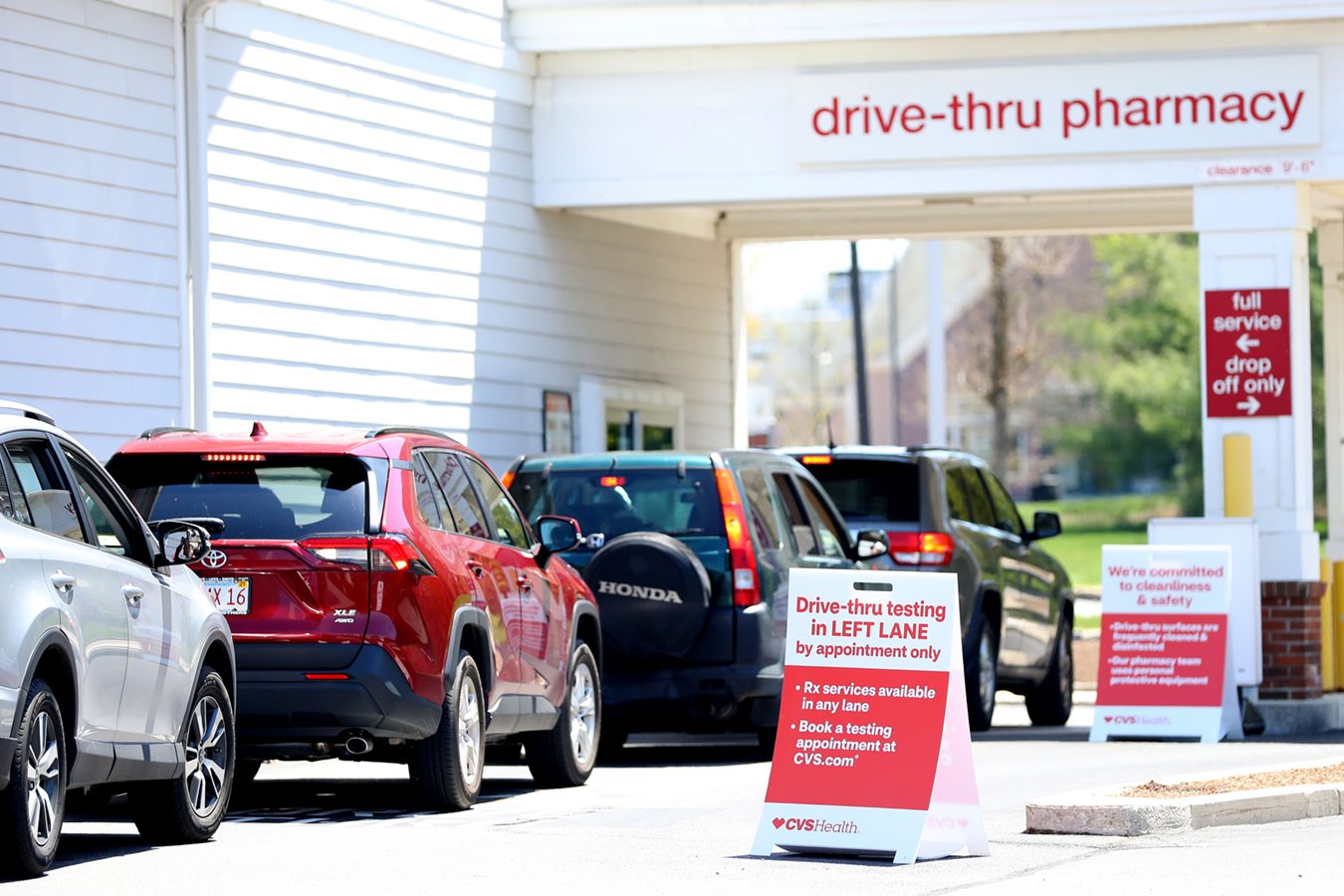Latest California Healthline Stories
California School Districts Grope for Sensible Reopening Plans
Some districts want to bring everyone back to the classroom and some are planning distance-only learning, while most others are settling on one of a variety of options in the middle. Whatever their leanings, they all face vast, troubling uncertainty.
Conspiracy Theories Aside, Here’s What Contact Tracers Really Do
Recently, the idea has triggered a lot of conspiracy-theory talk. But it’s actually a tried-and-true public health tool being applied to curb the spread of the novel coronavirus.
Azar Says Federal Law Had Preexisting Conditions Covered Before ACA. Not So Much.
This appears to be an overstatement.
States Allow In-Person Nursing Home Visits As Families Charge Residents Die ‘Of Broken Hearts’
Half the states are rolling back strict policies that have kept family members out of nursing homes because of fears of spreading the coronavirus.
You Can See Friends And Relatives During The Pandemic Surge — But Do It Carefully
Even as most U.S. states and authorities reimpose many of the restrictions they had prematurely lifted, public health experts say you can still have a safe social life — just not the one you were used to before the pandemic hit.
KHN executive editor Damon Darlin wades through mounds of health care policy stories — so you don’t have to.
Colorado, Like Other States, Trims Health Programs Amid Health Crisis
Across the country, the recession has cut state revenues at the same time the COVID-19 pandemic has increased costs, forcing state lawmakers into painful decisions about how to balance their budgets. Health care is one of the targets even in the midst of a health care crisis.
KHN’s ‘What The Health?’: ‘Open The Schools, Close The Bars’
While COVID-19 cases continue to surge in more than half the country, the Trump administration has decided its top priority is for schools to open for in-person learning this fall. Meanwhile, the Supreme Court hands Trump a victory in a case to limit the reach of the birth control benefit under the Affordable Care Act. Joanne Kenen of Politico, Mary Ellen McIntire of CQ Roll Call and Kimberly Leonard of Business Insider join KHN’s Julie Rovner to discuss this and more. Also, Rovner interviews KHN’s Sarah Varney about the latest KHN-NPR “Bill of the Month.”
As COVID Testing Soars, Wait Times For Results Jump To A Week — Or More
The delays can be excruciating, with some extreme cases running more than 20 days. People getting tested at urgent care centers, community health centers, pharmacies and state-run drive-thru or walk-up sites are often waiting a week or more to find out if they tested positive for the coronavirus.
Amid Surge, Hospitals Hesitate To Cancel Nonemergency Surgeries
Unlike earlier in the year, most hospitals are not proactively canceling elective surgeries, even in some places seeing spikes in coronavirus patients.











